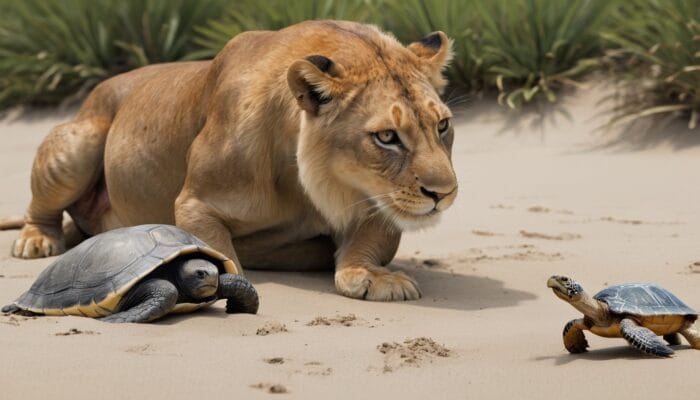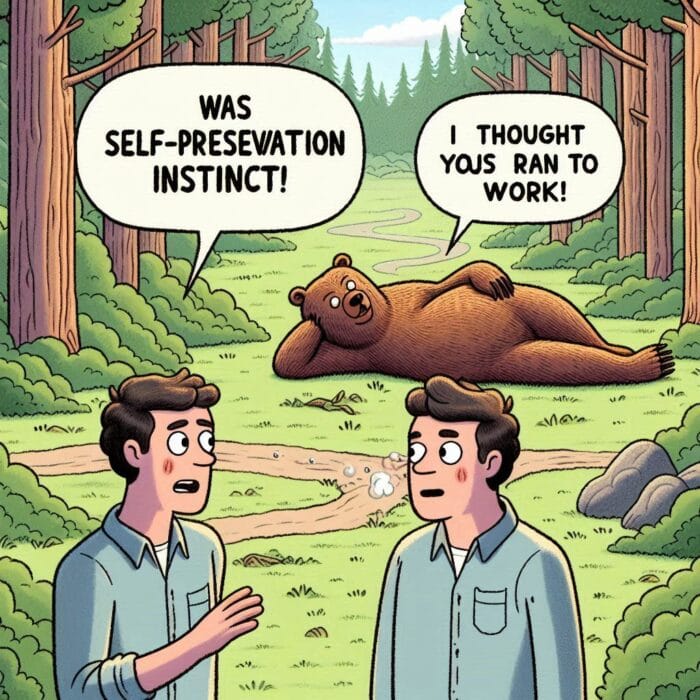
The instinct of self-preservation is an innate form of behavior of living beings in case of danger, as well as actions that are performed to save themselves. The instinct of self-preservation: does it exist?
There is no single concept of the instinct of self-preservation in science. In general, it is a spectrum of biological processes that help to quickly react in a life-threatening situation and make decisions.
It turns out that the instinct of self-preservation helps to survive, to preserve the population of the species. In order for the instinct to work, one must feel fear and pain. Thus, the instinct of self-preservation helps to accumulate the resources necessary for survival.
Do animals have an instinct of self-preservation?

In animals, the instinct of self-preservation is manifested not only in the event of a direct threat. An example is migratory birds. With the onset of cold weather, they fly to warmer climes, because leaves and berries fall off, insects hide, and water bodies freeze. Migration helps migratory birds survive.
Animals such as bears and hedgehogs hibernate when cold weather sets in. This is how they survive the winter.
Another example of the instinct of self-preservation is when fish burrow into mud when a water body freezes. This manipulation protects fish from hypothermia.
The instinct of self-preservation is most clearly manifested as a reaction to an enemy. In case of serious danger, a cobra opens its hood. Hare runs away, and a clown fish hides.
Does a person have an instinct of self-preservation?

Fear is natural for humans, but unlike animals, instincts are not inherent in humans. Therefore, the reaction to the same situation can be different. It depends on experience, psychological and physical state and other factors.
When a person pulls his hand away from fire, this is not an instinct. But an unconditional reaction to pain.
A person has intelligence that helps to survive.
All human actions can be explained by the complex structure of the brain, as well as by the fact that a person is a social being. He not only accumulates his own experience. But also takes into account the experience of other people.
Human actions are largely determined by the brain. But the emotional system should not be underestimated. It is the emotional system that controls such human behavior as reproduction, caring for offspring, searching for food, self-preservation and survival of the species.
The emotional control system is more ancient. And in a situation of threat to life, it takes control, turning off “unnecessary” thinking and some physiological functions.
The manifestation of this behavior in animals is called instincts. People are automatisms.
In this case, emotional or biochemical waves are not realized and control our behavior automatically. Therefore, we cannot explain why we fell in love. Why we love our children so unconditionally. At the moment of a threat to life, a different reaction is observed. One fights, another runs, and the third paralyzes. And all three of these strategies are self-preservation of the entire species.
All these mechanisms, whether in animals or humans, are vital for the preservation of the species. The variety of reactions to the threat only emphasizes the multifaceted nature of the instinct of self-preservation in an evolutionary context.
Joke of the day from the site funster.top:

-Why did you run so fast from the bear into the forest?
-It was a self-preservation instinct!
-I thought you just worked!
-Well, you said the bear bit you.